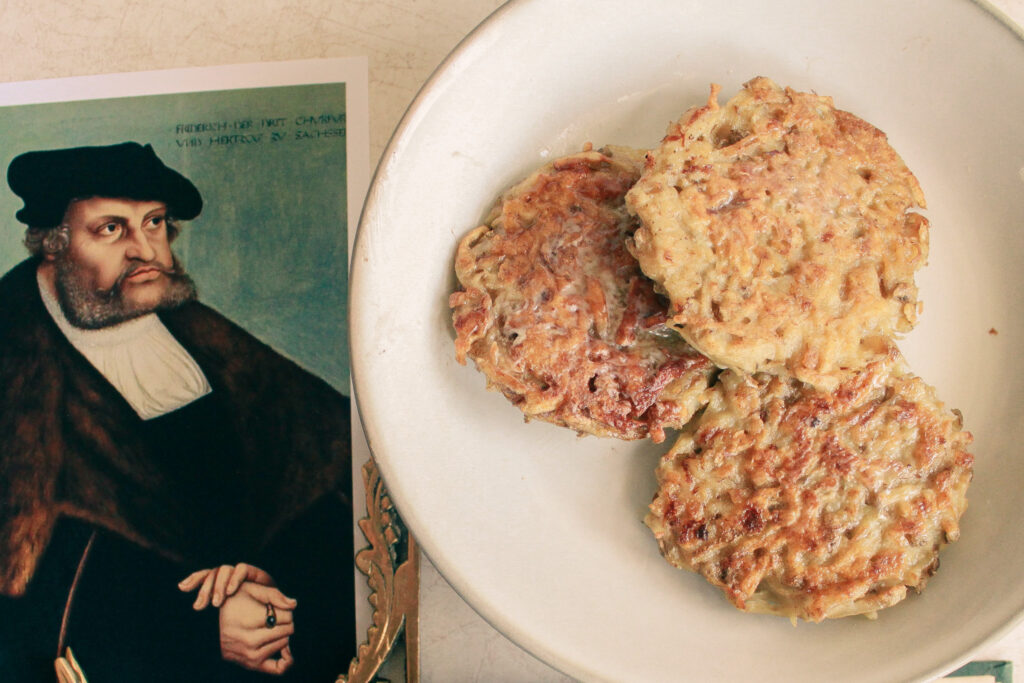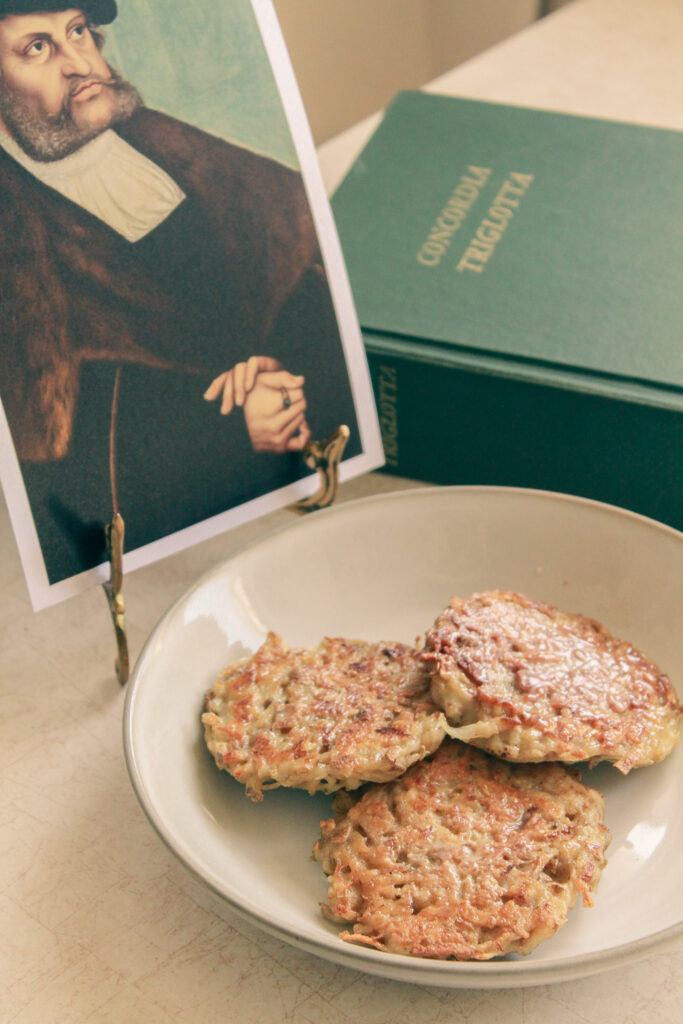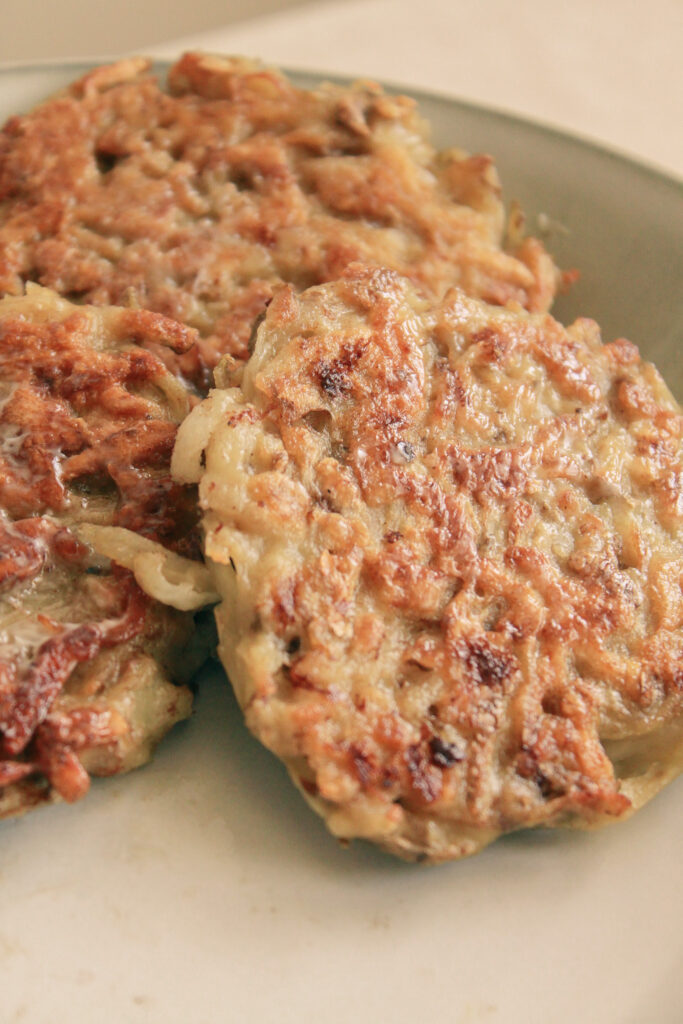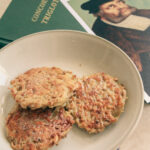
History
With St. Frederick the Wise’s Day on May 5th, there is ample opportunity to learn a bit more about this prince-elector’s rule over Saxony and the ways in which his story interfaces with St. Martin Luther. As we’ve discussed, St. Frederick was a supporter and protector of Luther and his friends during the Reformation era, affirming Saxony’s role in helping Lutheranism spread around the world, especially during the early years of the Catholic Church conflict. Because of the relevance of his territory within the greater German medieval landscape, and the prince-elector’s general peaceful (yet politically shrewd) leadership over it, St. Frederick became known as the face of this land and people. Even today, we can see that his reputation has stood the test of time, as he is considered by many as quite literally “Wise” and one of the greatest German leaders.
However, what else does St. Frederick’s story help us learn about Saxony and its label as the home of the Reformation? What was so important about St. Frederick’s territory and what are some stand-out characteristics of this part of Germany that can help us make a tangible connection between the place and its relevance to us?
For one, Saxony (or Saxony-Anhalt), in the eastern part of the country, is not just important to know about because of the Reformation, but because of it being a site for other essential pieces of German and world history. Besides Martin Luther hailing from there, it is also the origin of other famous figures, some of which we’ve talked about here on All the Household, such as the musicians Bach, Handel, and Telemann.
Food is also very important to the region, making up the state’s greatest industrial sector and being the home to many of the German dishes we might have grown up with, become introduced to as part of life in the Church, or have heard about from family and friends. Sausages, dairy, beer, wine, chocolate, sugar, and sweets are essential parts of Saxony culture and have been since even the time of St. Frederick the Wise.
Further seasonal vegetables are thought of as having a strong connection to the region—potatoes, onions, carrots, peas, beans, asparagus, cauliflower, and cabbage are central and authentic to Saxony cuisine and stretch back to being popular even during Luther’s time. They would have certainly been foods that were enjoyed by many of the Reformation-age saints you know and love.


St. Frederick the Wise Kartoffelpuffer
When thinking about Saxony-specific recipes, Kartoffelpuffer, or German potato pancakes stands out as a delicious and easy-to-make marker of the region. They are known and loved throughout Germany, but again especially connected to this eastern region of the state.
While there are regional specific recipes that include additional ingredients such as onions, yeast, milk, lemon juice, or spices, the recipe below keeps it simple to highlight its usefulness in even the busiest of modern Lutheran households. They are easy to whip up and pan-fry in oil until crispy and golden brown.
The best part of this recipe is that is sure to be a popular way to celebrate St. Frederick the Wise—the ruler of Saxony—and more importantly, remember the relevance of this region and part of Germany for the broader Reformation story. You can serve the pancakes for any meal of the day: breakfast, lunch, dinner, snack, or dessert by just changing up what you serve with them.
Whether you go with a sweet option (served with apple sauce, pears, berry compote, maple syrup, or jam), or a savory option (the perfect side for meat, fish, sauces, sauerkraut, or roasted veggies), you can fit this tradition into any part of St. Frederick Day’s. Accompanied with the prayer we’ve included in our introductory post on the saint, you have all you need to mark May 5th as part of your Church Year calendar.
Kartoffelpuffer
Ingredients
3-4 medium potatoes (approximately 1 pound)
1 egg
½ cup flour
1 teaspoon sea salt
oil for frying
Instructions
- Scrub potatoes, peel, and grate them with box grater or food processor.
- Add potatoes to large bowl and mix with egg, flour, and salt.
- Heat a large frying pan (we love cast iron) over medium heat and pour a bit of oil to cover the bottom of the pan.
- Spoon about two tablespoons of potato mixture into the pan, flattening the rounds so they aren’t too thick and fry both sides until golden brown.
St. Frederick the Wise Kartoffelpuffer
Ingredients
- 3-4 medium potatoes (approximately 1 pound)
- 1 egg
- ½ C flour
- 1 tsp sea salt
- oil for frying
Instructions
- Scrub potatoes, peel, and grate them with box grater or food processor.
- Add potatoes to large bowl and mix with egg, flour, and salt.
- Heat a large frying pan (we love cast iron) over medium heat and pour a bit of oil to cover the bottom of the pan.
- Spoon about two tablespoons of potato mixture into the pan, flattening the rounds so they aren’t too thick and fry both sides until golden brown.



Leave a Reply